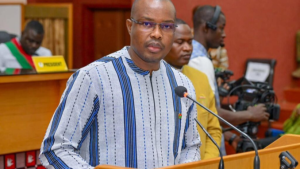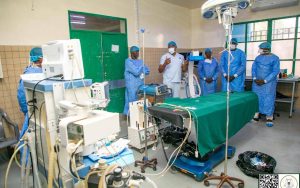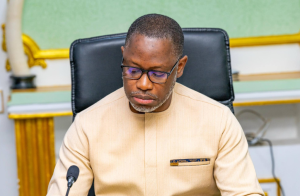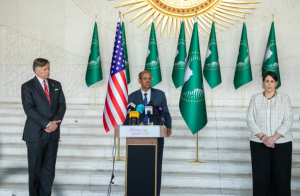Foiled coup plot in Burkina Faso: Former transition President Damiba allegedly behind scheme
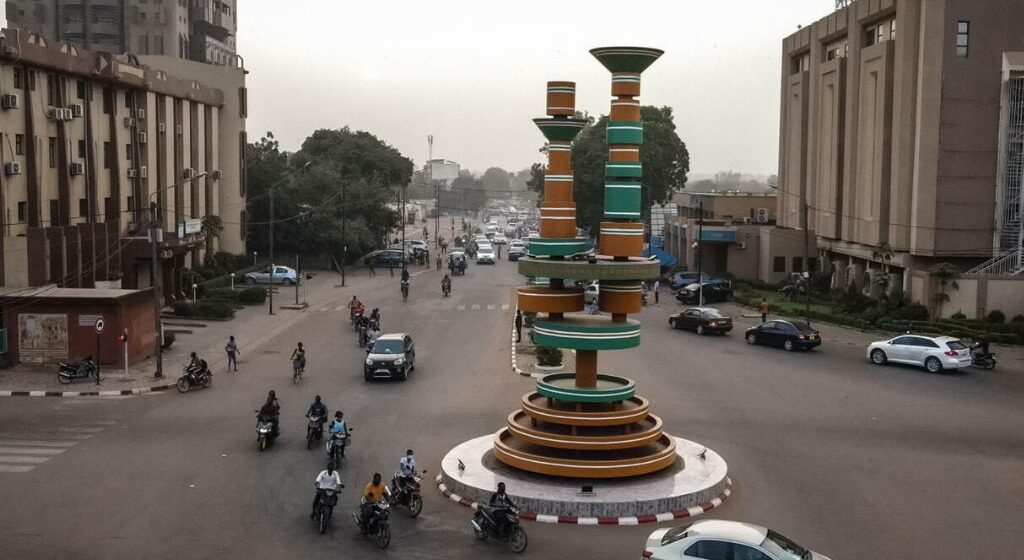
In a concerning turn of events, adversaries of Burkina Faso have reportedly initiated a renewed effort to disrupt the ongoing transition. Over the past week, Burkinabè intelligence services have been actively investigating and thwarted a destabilization plot. Ongoing inquiries have led to the arrest of both military officials and civilians, confirming the existence of a plot orchestrated by the former transitional president, Damiba.
In this latest coup attempt against the Traoré transition, implicated individuals include former Chief of Staff of the Gendarmerie, Evrard Somda, a certain Captain Ouattara Aboubacar from the GSPR, and several others, including civilian Prosper Bassolé.
According to reliable information supplemented by evidence, Damiba, in collaboration with the aforementioned individuals, has been executing the plan from his current residence in Togo.
Trusted sources report that Damiba and his accomplices recruited mercenaries from Côte d’Ivoire to carry out the scheme.
Numerous names have surfaced in connection to this plot, backed by evidence of their involvement.
It is emphasized that this is not a witch-hunt, as some Burkinabè, especially close associates of the accused, might perceive it.
This calls for renewed public mobilization and support for the transition.
Sustaining citizen vigilance is crucial to thwarting the plans of these unpatriotic actors. The people must remain vigilant to avoid being drawn into these sinister projects.
Most importantly, trust must be placed in the transition, which has committed to freeing Burkina Faso from these elements hindering its development.
Papa IBRAHIMA

